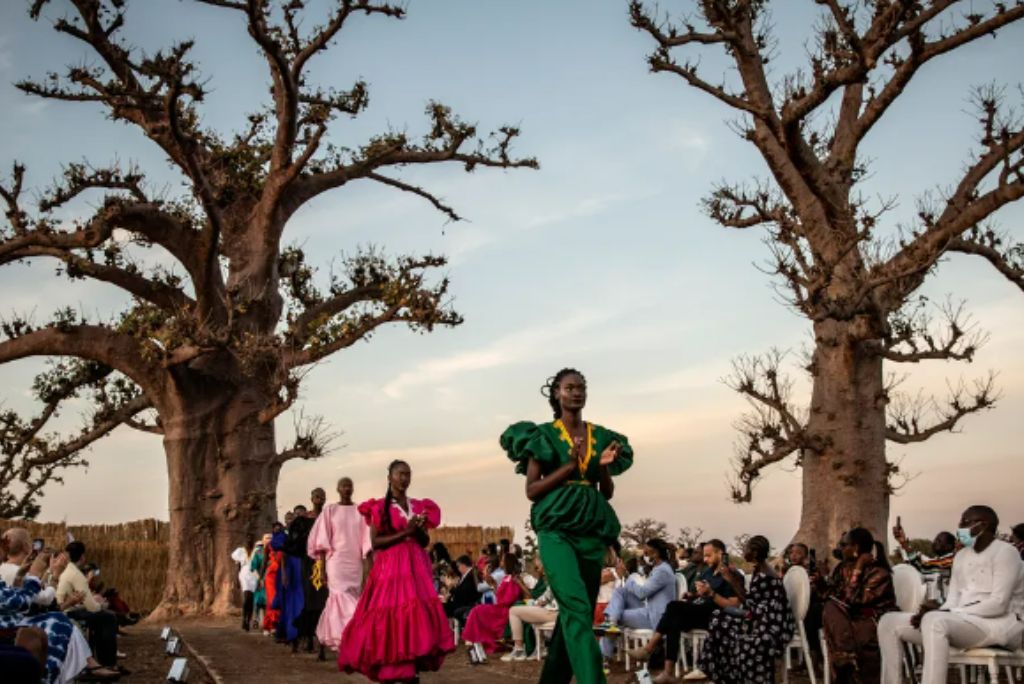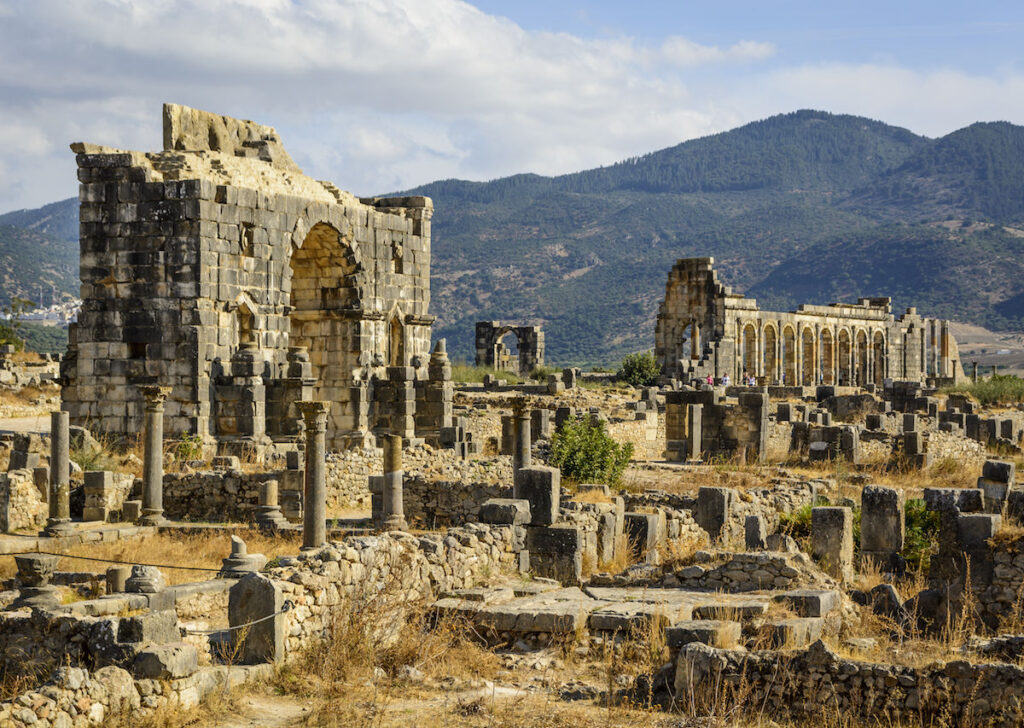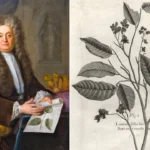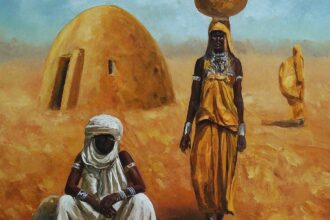In Chancellor Williams’ monumental work, “The Destruction of Black Civilization,” the notion of liberating the African mind emerges as a powerful theme throughout the book.
Williams passionately argues for the reclamation of African heritage, identity, and pride as fundamental steps in the restoration and empowerment of black civilization.
Izu Molokwu
In this article, we delve into the concept of “The Liberation of Our Minds” as illuminated by Chancellor Williams, exploring the importance of this liberation in contemporary society.
Reclaiming Our Identity
One of Chancellor Williams’ central arguments is the critical need for African people to reclaim their true identity. He contends that centuries of colonization, slavery, and oppression have contributed to the erasure of African cultural heritage and the displacement of African identity.

“The Destruction of Black Civilization,” Chancellor Williams highlights examples such as the ancient African civilizations of Egypt and Mali, showcasing their contributions to mathematics, architecture, astronomy, and governance. He also discusses African philosophers like Imhotep and Sekhemkhet, emphasizing their influence on early African thought and society.
To liberate our minds, Williams urges us to reject the imposed narratives that diminish the greatness of African civilizations and to embrace the rich tapestry of our cultural heritage.
Williams’ assertion is that by understanding our history, we empower ourselves to break free from the mental chains of oppression and regain a sense of self-worth and pride. The liberation of our minds begins with an acknowledgment of the beauty and richness of African history.
Education as a Tool for Liberation
In “The Destruction of Black Civilization,” Chancellor Williams emphasizes the role of education in the liberation of African minds. He argues that education should serve as a vehicle for cultural enlightenment and empowerment. Rather than perpetuating Eurocentric narratives, education should provide African youth with a strong foundation in their own history and heritage.

Chancellor Williams criticizes Eurocentric narratives by highlighting their biases and omissions, which have historically portrayed African history and culture as inferior. He proposes correction through a comprehensive reevaluation of African history, emphasizing African achievements and contributions while challenging the Eurocentric distortions.
Unity as Strength
Unity among African people, both on the continent and within the diaspora, is a recurring theme in Williams’ work. He stresses the importance of solidarity as a means to liberate minds collectively. By coming together, sharing knowledge, and supporting one another, Africans can combat the forces that have historically sought to divide and weaken them.
Williams contends that unity fosters a sense of purpose and resilience, which is vital in the struggle for liberation. He envisions a future where Africans, regardless of their geographical location, stand in solidarity to rebuild and strengthen their societies.
The Relevance Today
“The Liberation of Our Minds,” as expounded by Chancellor Williams, remains highly relevant in today’s world. The ongoing struggles for social justice, racial equality, and the affirmation of black identity underscore the urgency of this liberation.
Williams’ insights serve as a blueprint for contemporary activists, scholars, and leaders who seek to inspire positive change and empowerment within the African diaspora.
Izu Molokwu
“The Destruction of Black Civilization” challenges us to embark on a journey of self-discovery, education, and unity. The liberation of our minds is not a mere intellectual exercise but a vital step towards healing and empowerment. As we continue to grapple with the legacy of historical injustices, Williams’ work reminds us that the path to a brighter future begins with the liberation of our minds and the embrace of our African heritage.
African contributions to science, art, philosophy, and governance, which are not explicitly mentioned in Chancellor Williams’ book but are historically significant
African Sculpture and Artistic Expression: In various regions of Africa, there is a rich tradition of sculpture and artistic expression. From the intricate wooden masks of West Africa to the stone carvings of Zimbabwe, African art has made significant contributions to global art history. These sculptures often serve both aesthetic and ritualistic purposes, reflecting the diversity and creativity of African cultures.

He envisions a future for African civilizations marked by renewed pride, unity, and self-determination. He believes that by implementing his strategies for revitalization, African societies can regain their strength, cultural identity, and global influence, ultimately leading to a more prosperous and empowered future.
Medicine in Ancient Egypt
Ancient Egyptians made significant contributions to medicine. The Edwin Smith Surgical Papyrus, dating back to around 1600 BCE, contains detailed descriptions of surgical techniques and medical conditions, indicating a high level of medical knowledge.




















